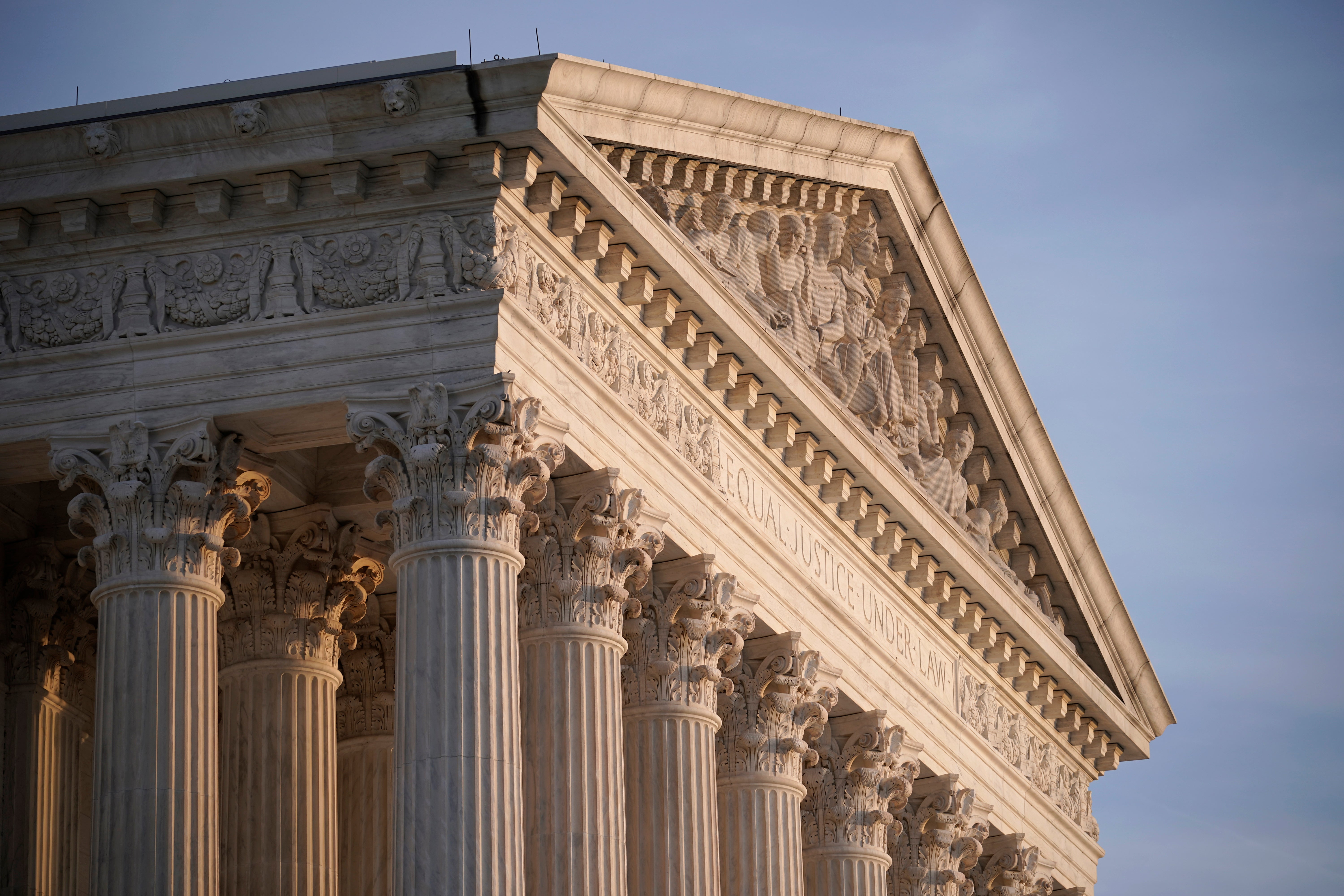Supreme Court revives claims that SuperValu, Safeway overcharged governments for generic drugs
The Supreme Court has unanimously revived whistleblower lawsuits claiming that supermarket and pharmacy chains SuperValu and Safeway overcharged government health-care programs for prescription drugs by hundreds of millions of dollars

Your support helps us to tell the story
From reproductive rights to climate change to Big Tech, The Independent is on the ground when the story is developing. Whether it's investigating the financials of Elon Musk's pro-Trump PAC or producing our latest documentary, 'The A Word', which shines a light on the American women fighting for reproductive rights, we know how important it is to parse out the facts from the messaging.
At such a critical moment in US history, we need reporters on the ground. Your donation allows us to keep sending journalists to speak to both sides of the story.
The Independent is trusted by Americans across the entire political spectrum. And unlike many other quality news outlets, we choose not to lock Americans out of our reporting and analysis with paywalls. We believe quality journalism should be available to everyone, paid for by those who can afford it.
Your support makes all the difference.The Supreme Court on Thursday unanimously revived whistleblower lawsuits claiming that supermarket and pharmacy chains SuperValu and Safeway overcharged government health-care programs for prescription drugs by hundreds of millions of dollars.
The decision gives the whistleblowers another chance to pursue their claims that the companies defrauded the Medicare and Medicaid programs when they reported retail prices for generic prescription drugs, even though they had mainly been sold to customers at deeply discounted prices.
The cases stem from the companies’ effort to match a 2006 decision by Walmart to offer 30-day supplies of many generic drugs for $4.
SuperValu and Safeway matched the discounted price at their pharmacies, but they reported to the federal and various state governments a much higher “usual and customary” price when seeking reimbursement.
The 7th U.S. Circuit Court of Appeals dismissed the suits against both companies, holding that their decisions to report the higher prices were “not objectively unreasonable” under the federal False Claims Act.
Writing for the high court Thursday, Justice Clarence Thomas wrote that the appeals court applied the wrong standard. “What matters for an FCA case is whether the defendant knew the claim was false,” Thomas wrote.
An expert for the whistleblower in the Safeway lawsuit testified that the company received $127 million more than it would have gotten had it reported the discounted price, according to court papers.
In the case against SuperValu, the whistleblower said the company matched Walmart’s discounted price 6.3 million times over 11 years, according to court papers.
A lawyer for the company told the justices at arguments in April that figuring out the correct price to report is harder than it seems.
But Thomas said the whistleblowers had amassed evidence showing that executives believed the discounted prices should have been reported and took steps to hide the lower prices from state and federal authorities.
The justices did not issue a final ruling on the claims, which will be left for lower courts to sort out.